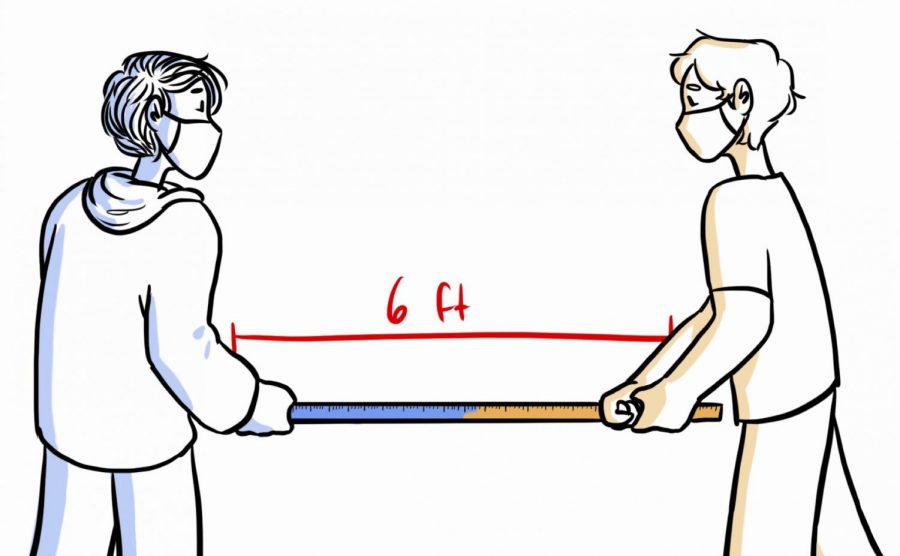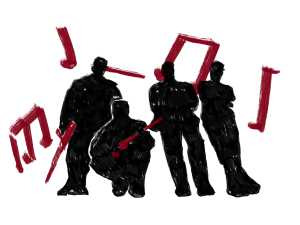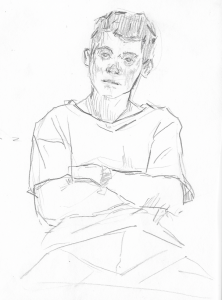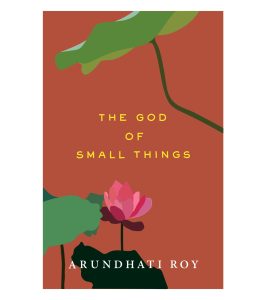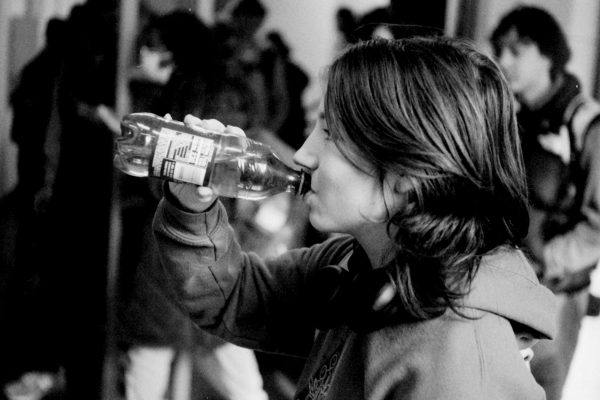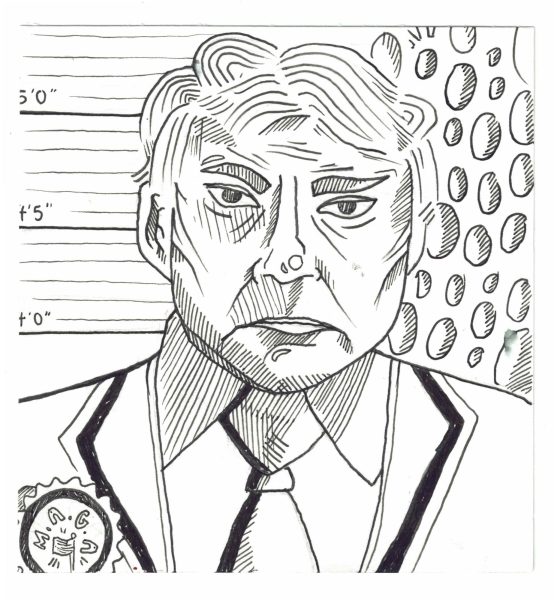The Potential Death Toll Is Too High: Why Reopening Must Wait
May 26, 2020
There is an inverse relationship between continued social distancing and the strength of the US economy; the longer quarantine lasts, the more Americans file for unemployment, and the more businesses declare bankruptcy. Is saving lives through social distancing worth the devastating toll it is taking on the economy? What is more important: lives or livelihood?
The answer is simple: without government-enforced social distancing, COVID-19 will be exponentially more deadly. Everyone wants to return to a normal life and no one wants to feel confined and controlled, but sometimes individual desires have to be sacrificed for the greater good.
There has always been a debate about the delicate balance between individual rights and communal responsibility, and this virus has pushed our country to reckon with the question: when does one trump the other? The debate about the limits of freedom of speech poses a similar question. If someone were to walk down Mass Ave screaming obscene and hateful language, it could be argued that they have a right to do so under the First Amendment, which guarantees the right to free speech. But even in our democratic society, there are limits to that right, because they are actively threatening the well-being of others. The second this person endangers the safety of others, they sacrifice their individual right to freedom of speech. The same logic can be applied to this pandemic. While not observing social distancing guidelines is technically within one’s rights, it directly threatens public health. In both situations, the greater communal good takes precedence over one’s individual civil liberties.
The economy can be revived, while people cannot.
In a perfect world, every American would act on their civic duty to protect public health by freely choosing to observe the government guidelines. However, it is evident from the anti-government protesters in Michigan (and elsewhere), as well as other groups of COVID-19 deniers across the country that many Americans believe their individual rights are being infringed upon and they refuse to comply. Their selfishness endangers the public. It would be foolish to expect individuals to rapidly adopt new public health norms on their own; instead, the government must outline and enforce the new communal expectations in order to protect public health. Furthermore, any return to normal life, even a partial reopening of stores and restaurants, would encourage people to be more relaxed about observing the guidelines, and would create the illusion that the dangers of COVID-19 are fading. Any false sense of normality could have deadly consequences for our country as a whole.
There is no question that the economic consequences of this disease are absolutely devastating. Social distancing comes at an enormous financial cost for many, but it is necessary for public health. Despite the tragic conflict between public and economic health, it is crucial to see how the life of an economy could never take precedence over the life of a human.

